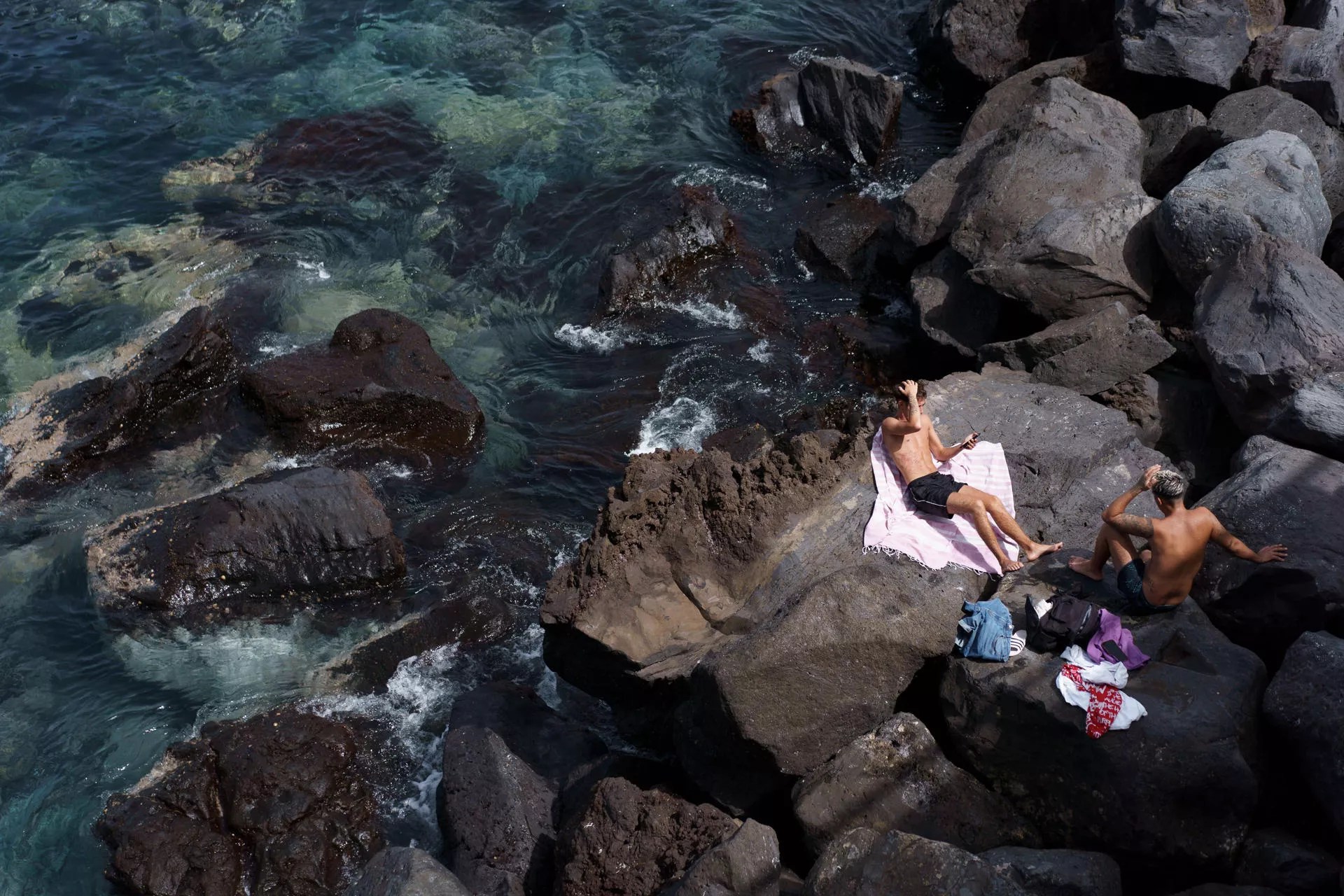SANTA CRUZ DE TENERIFE, July 9. (EUROPE PRESS) –
The Socialist Party of the Canary Islands has defended the government action being carried out by the Executive of Pedro Sánchez against what it considers a “systematic boycott by the right, capable of even attacking the interests of the country in order to benefit electorally.”
The Canarian Socialists have valued, above all, that the Government’s response to the different obstacles experienced in these years has been “with public involvement and with guarantees for citizens and, in parallel, fulfilling the word given at the beginning of the legislature” .
“This is being a stable government,” agreed the secretary of the regional organization, Nira Fierro, the national deputy Tamara Raya and the regional senator Santiago Pérez. “A government that has carried out its legislative program, more than 140 laws approved, and that has done so facing the most complex scenarios. With an unwavering commitment to the rights and expectations of the social majority. Demonstrated its concern and involvement before each of the adversities that our country has had and, very especially, the Canary Islands”, they underlined.
The representatives of the Canarian socialists reviewed the “long” battery of measures deployed during the pandemic period, then due to the volcanic eruption of La Palma and, more recently, to alleviate the social and economic effects generated by the war in Ukraine. “A government of Spain, in short, with presence and willingness” and that in the case of the Canary Islands “has attended to its singularities and has promoted economic items in terms of housing, social affairs, infrastructure and direct aid”.
“There are voices interested in permanently highlighting the negative, instead of valuing all those measures that the Government has put in place,” said Tamara Raya, to add: “Pedro Sánchez has broken his face in Europe to obtain funds that They are going to allow us to emerge stronger from this crisis, modernizing our productive fabric and advancing in digitization, making it possible for it to reach the whole world, also to that so-called emptied Spain”.
The Secretary of Organization of the Canarian Socialists, Nira Fierro, highlighted the important level of sensitivity that the Executive is showing with the Archipelago, as well as its coordinated work with the Government of Ángel Víctor Torres, “contributing hand in hand to the existence today in Canary Islands more people working than ever and that one of every two new contracts are indefinite”. “We are creating decent and quality employment,” she affirmed.
Santiago Pérez lamented, on the contrary, the lack of a sense of State of the main opposition party: “It seems that they only accept democracy when they govern. The moderate Feijóo has come to predict a very deep crisis, contradicting what he said the same day the president of the Independent Agency for Fiscal Responsibility (AIReF). The Spanish economy is growing, creating jobs and stability, as a result of a labor reform that the right wing opposed and that will remain up in the air if they regain power”.
The socialist regional senator wanted to recall “the inequalities and the deterioration of labor rights, public services and social policy generated by the management by the PP of the previous crisis experienced in this country.” On the contrary, he explained, “the PSOE has complied with its electoral commitments, working through dialogue with the parliamentary majority that has allowed the government’s legislative program to be carried out.”
“A program full of social improvements and commitments to citizens; of strengthening the rights of workers against a right wing launched into the bush. They only accept democracy when they govern. Two ways of understanding life, politics and democracy” , he added.
Pérez concluded by asking: “Were the governments in which the Popular Party called elections in advance stable? They called them because they use the autonomous communities as mere pieces with which to play to prepare a story. A complete lack of respect for the citizenry.” .

















